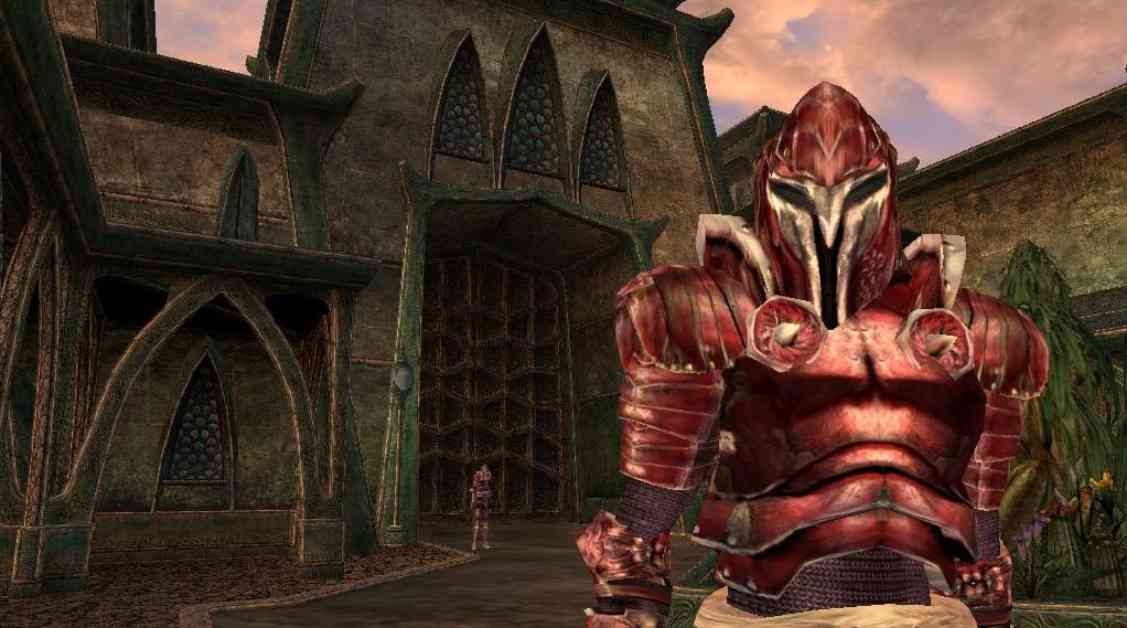Back in the early 2000s, RPGs were a whole different ball game. Quest markers and compass points were not handed to players on a silver platter like they are today. Instead, players had to rely on verbal instructions from quest givers and use their own intuition to navigate the world. This old-school style of gameplay is a far cry from what we see in modern RPGs.
In a recent interview with Elder Scrolls Online director Matt Firor, he expressed his lament for the lack of interest in compass-less RPGs that rely heavily on quest text. According to Firor, games that require players to rely on verbal clues rather than UI elements simply do not appeal to the modern gaming audience. Players nowadays want to be guided through the story, interact with other players and NPCs, and have a more streamlined gaming experience.
Firor specifically called out Morrowind, a beloved classic RPG, for its outdated design that may not resonate with today’s gamers. While Morrowind is praised for its immersive storytelling and open-world exploration, its lack of hand-holding and reliance on player intuition may be off-putting to a generation of gamers who are used to more guidance in their gameplay experience.
While Firor’s comments may ring true for the current state of the gaming industry, there are exceptions to the rule. Games like Elden Ring, developed by FromSoftware, have found mainstream success despite their complex and challenging gameplay. Elden Ring requires players to navigate a vast open world with minimal hand-holding, encouraging exploration and discovery.
Ultimately, the success of a compass-less RPG hinges on the balance between player freedom and guidance. While some players may enjoy the challenge of deciphering cryptic clues and exploring without a map, others may prefer a more structured and guided experience. Finding the right balance between these two extremes is key to creating a compelling and engaging open-world RPG.
In conclusion, while the days of compass-less RPGs may be behind us, there is still a niche audience that craves the challenge and immersion that these games provide. As the gaming industry continues to evolve, developers will need to find innovative ways to cater to both old-school enthusiasts and modern gamers who seek a more streamlined experience. Whether it’s through clever game design, engaging storytelling, or a mix of both, the future of open-world RPGs is sure to be an exciting one.





















